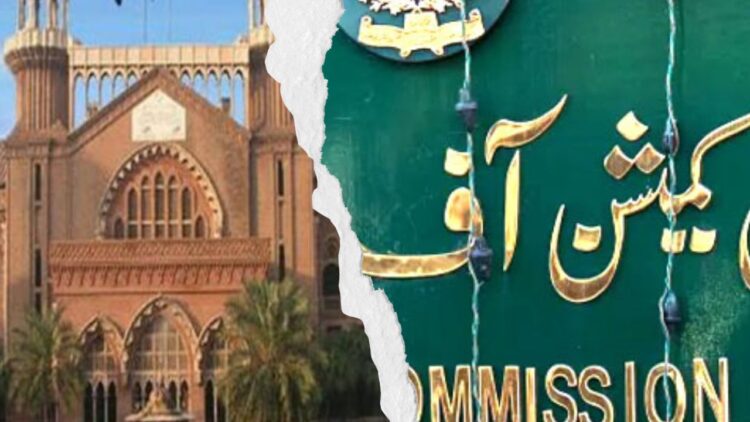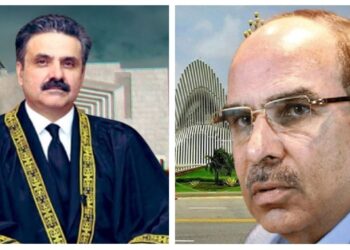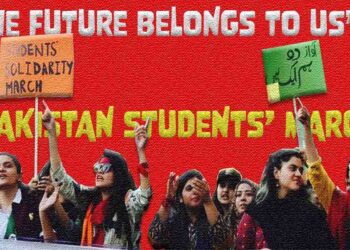LAHORE; The Lahore High Court (LHC) on Wednesday summoned the Election Commission of Pakistan (ECP) over petitions challenging a notification that disqualified sitting lawmakers following their conviction, amid questions about due process and constitutional requirements.
Justice Khalid Ishaq heard the case, which involves petitions filed on behalf of Muhammad Ahmad Chatha and Muhammad Ahmad Khan Bhachar, represented by Advocate Shahzad Shaukat. Advocate Arshid Nazir Mirza appeared for Afzal Sahi, a member of the Punjab Assembly, who is also affected by the ECP’s decision.
Petitioners’ Arguments
Advocate Shahzad Shaukat contended that the ECP issued the disqualification notification without first affording the petitioners an opportunity to be heard — a move he said violates Article 63-A of the Constitution. This provision stipulates that disqualification proceedings must follow a structured process, including a hearing of the concerned member.
He further argued that under established legal procedure, the Speaker of the Assembly is required to forward a reference to the ECP before any disqualification process can begin. In this case, no such reference was made or forwarded. According to Shaukat, the trial court’s judgment was delivered on July 13, yet the ECP issued the disqualification notification on August 5 without completing the procedural requirements.
The court asked whether a suspended sentence would allow the member to retain their assembly seat. The counsel responded in the affirmative, stating that suspension of sentence nullifies the immediate effect of disqualification.
Advocate Arshid Nazir Mirza added that the mandatory 30-day period for filing an appeal was not observed before issuing the notification, thereby infringing on the petitioners’ right to exhaust their legal remedies. He urged the court to annul the ECP notification.
Constitutional and Political Context
Under Articles 62 and 63 of the Constitution of Pakistan, lawmakers are required to maintain specific moral, legal, and financial standards, including full disclosure of assets. Conviction in certain criminal cases can lead to immediate disqualification. However, legal experts note that such disqualification is not automatic and must be processed through formal procedures, including a reference from the Speaker and a decision by the ECP.
The issue has gained political significance amid Pakistan’s increasingly adversarial political climate, where disqualification cases are often viewed through the lens of political rivalries. In recent years, high-profile politicians, including former prime ministers and senior party leaders, have faced disqualification on various grounds, leading to prolonged legal and political battles.
The LHC’s decision in this matter could have far-reaching implications for how future disqualification proceedings are initiated and whether trial court convictions — particularly those from Anti-Terrorism Courts — will be treated as final for the purpose of removing elected representatives.
The court adjourned the hearing after summoning the ECP to present its stance on the procedural legitimacy of the disqualification.
























